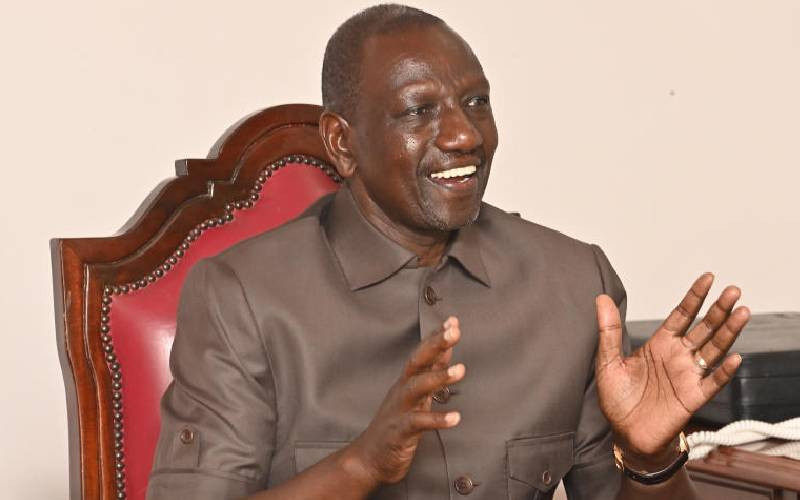×
The Standard e-Paper
Read Offline Anywhere

Audio By Vocalize

The popularity and approval ratings of the Kenya Kwanza administration has been been dropping.
Further, and which should raise the antenna for the UDA administration, most Kenyans believe the country is at the worst standing economically, whose dismissal performance in economic growth, business investment and job creation are at the lowest. This could be a strong indicator that the populace may just have begun to think twice and may be shifting support from UDA.